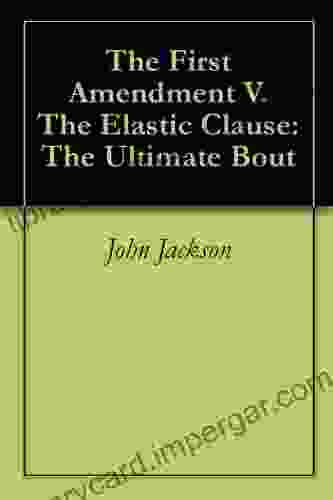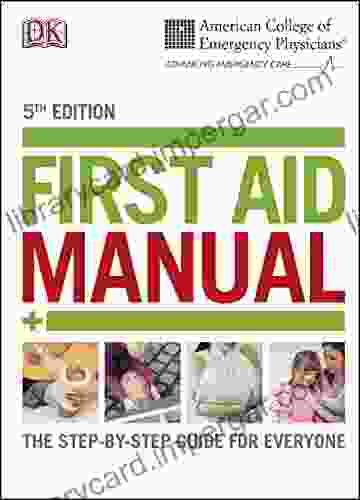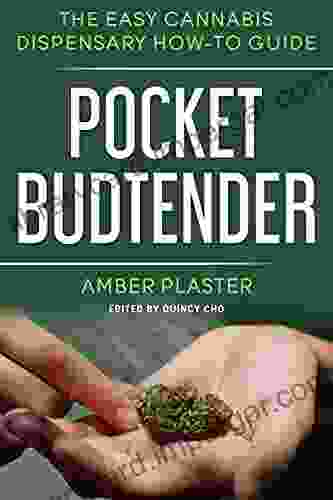The Elastic Clause: The Key to Understanding the First Amendment


The First Amendment to the United States Constitution is a cornerstone of American democracy. It guarantees the freedom of speech, religion, press, assembly, and petition. However, the First Amendment is not absolute. The government can restrict speech that is harmful to others, such as threats of violence or incitement to imminent lawless action.
5 out of 5
| Language | : | English |
| File size | : | 36 KB |
| Text-to-Speech | : | Enabled |
| Screen Reader | : | Supported |
| Enhanced typesetting | : | Enabled |
| Word Wise | : | Enabled |
| Print length | : | 13 pages |
| Lending | : | Enabled |
The Elastic Clause is a provision of the First Amendment that gives Congress the power to make laws "necessary and proper" to carry out the other powers granted to it by the Constitution. This clause has been used to justify a wide range of laws, including laws that regulate speech.
The History of the Elastic Clause
The Elastic Clause was added to the Constitution in 1789 as part of the Bill of Rights. The clause was originally intended to give Congress the power to make laws to implement the other powers granted to it by the Constitution. However, the clause has since been interpreted to give Congress much broader powers.
In 1819, the Supreme Court ruled in the case of McCulloch v. Maryland that the Elastic Clause gives Congress the power to make laws that are "necessary and proper" to carry out its other powers. This ruling has been used to justify a wide range of laws, including laws that regulate speech.
The Elastic Clause and the First Amendment
The Elastic Clause has been used to justify a wide range of laws that regulate speech. These laws include laws that prohibit obscenity, child pornography, and hate speech. The Supreme Court has held that these laws are constitutional because they are necessary to protect the public from harm.
However, the Elastic Clause does not give Congress the power to restrict speech that is not harmful to others. The Supreme Court has held that the government cannot restrict speech based on its content. This means that the government cannot ban speech simply because it is offensive or controversial.
The Future of the Elastic Clause
The Elastic Clause is a powerful tool that can be used to regulate speech. However, the Supreme Court has held that the clause does not give Congress the power to restrict speech that is not harmful to others. This means that the government cannot ban speech simply because it is offensive or controversial.
The future of the Elastic Clause is uncertain. The Supreme Court may continue to interpret the clause narrowly, or it may give Congress more power to regulate speech. The outcome of this debate will have a significant impact on the First Amendment rights of all Americans.
The Elastic Clause is a powerful tool that can be used to regulate speech. However, the Supreme Court has held that the clause does not give Congress the power to restrict speech that is not harmful to others. This means that the government cannot ban speech simply because it is offensive or controversial.
The future of the Elastic Clause is uncertain. The Supreme Court may continue to interpret the clause narrowly, or it may give Congress more power to regulate speech. The outcome of this debate will have a significant impact on the First Amendment rights of all Americans.
5 out of 5
| Language | : | English |
| File size | : | 36 KB |
| Text-to-Speech | : | Enabled |
| Screen Reader | : | Supported |
| Enhanced typesetting | : | Enabled |
| Word Wise | : | Enabled |
| Print length | : | 13 pages |
| Lending | : | Enabled |
Do you want to contribute by writing guest posts on this blog?
Please contact us and send us a resume of previous articles that you have written.
 Book
Book Novel
Novel Page
Page Chapter
Chapter Text
Text Story
Story Genre
Genre Reader
Reader Library
Library Paperback
Paperback E-book
E-book Magazine
Magazine Newspaper
Newspaper Paragraph
Paragraph Sentence
Sentence Bookmark
Bookmark Shelf
Shelf Glossary
Glossary Bibliography
Bibliography Foreword
Foreword Preface
Preface Synopsis
Synopsis Annotation
Annotation Footnote
Footnote Manuscript
Manuscript Scroll
Scroll Codex
Codex Tome
Tome Bestseller
Bestseller Classics
Classics Library card
Library card Narrative
Narrative Biography
Biography Autobiography
Autobiography Memoir
Memoir Reference
Reference Encyclopedia
Encyclopedia Alexandra Fuller
Alexandra Fuller Allison Zimmerman
Allison Zimmerman Arun Mohan Sukumar
Arun Mohan Sukumar Tina Brooks Mckinney
Tina Brooks Mckinney Amber Appleton
Amber Appleton Alexander Y Khapalov
Alexander Y Khapalov Allison Brown
Allison Brown Alanna Mitchell
Alanna Mitchell Alper Erturk
Alper Erturk Alison Morton Cooper
Alison Morton Cooper Alex Milton
Alex Milton Alice Gardner
Alice Gardner Strawberry Shakespeare
Strawberry Shakespeare Kevin R Shackleton
Kevin R Shackleton Alison Wayne
Alison Wayne John C Calhoun
John C Calhoun T S Michael
T S Michael Alex K Patterson
Alex K Patterson Michael C Torres
Michael C Torres Marshall Mcluhan
Marshall Mcluhan
Light bulbAdvertise smarter! Our strategic ad space ensures maximum exposure. Reserve your spot today!
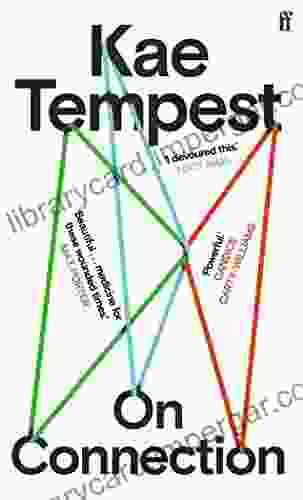
 George Bernard ShawUnlock the Transformative Power of Connection: A Journey with Matt Haig's "On...
George Bernard ShawUnlock the Transformative Power of Connection: A Journey with Matt Haig's "On...
 Benjamin StoneVolume Environmental Footprints And Eco Design Of Products And Processes:...
Benjamin StoneVolume Environmental Footprints And Eco Design Of Products And Processes:...
 J.R.R. TolkienAllie Aller's Stained Glass Quilts Reimagined: A Symphony of Light and Color
J.R.R. TolkienAllie Aller's Stained Glass Quilts Reimagined: A Symphony of Light and Color John UpdikeFollow ·12.2k
John UpdikeFollow ·12.2k Jaime MitchellFollow ·17.7k
Jaime MitchellFollow ·17.7k Edwin CoxFollow ·3.6k
Edwin CoxFollow ·3.6k Martin CoxFollow ·19.5k
Martin CoxFollow ·19.5k Dillon HayesFollow ·2k
Dillon HayesFollow ·2k Tyrone PowellFollow ·6.8k
Tyrone PowellFollow ·6.8k Colt SimmonsFollow ·14k
Colt SimmonsFollow ·14k Emilio CoxFollow ·6.6k
Emilio CoxFollow ·6.6k

 Ignacio Hayes
Ignacio HayesUnveiling the Secret Spitfires: Britain's Hidden Civilian...
: The Untold Story of Britain's...
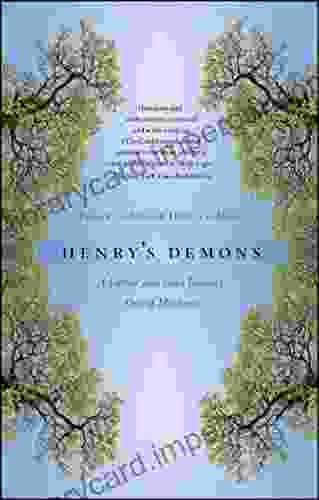
 Scott Parker
Scott ParkerLiving With Schizophrenia: A Father and Son's Journey
Schizophrenia is a serious...

 Ted Simmons
Ted Simmons"From Sign Up to Pass Out": The Shocking and Immersive...
Step into the...

 John Keats
John KeatsThe Development of Biographies and Philosophical...
The Alluring...
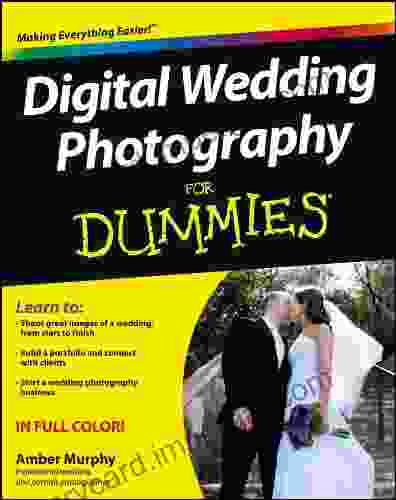
 Dan Brown
Dan BrownCapture Your Dream Wedding with Digital Wedding...
Your wedding day is...
5 out of 5
| Language | : | English |
| File size | : | 36 KB |
| Text-to-Speech | : | Enabled |
| Screen Reader | : | Supported |
| Enhanced typesetting | : | Enabled |
| Word Wise | : | Enabled |
| Print length | : | 13 pages |
| Lending | : | Enabled |


